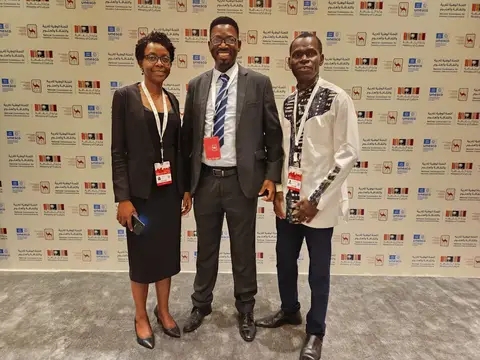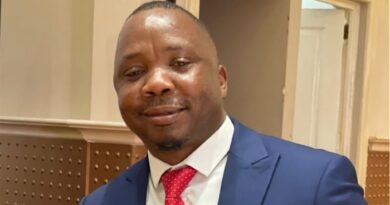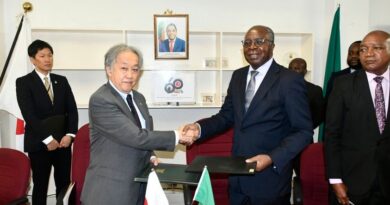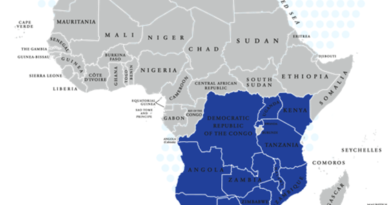UNESCO’s World Heritage Committee Concludes Riyadh Meeting with Emphasis on Sustainable Development
The annual gathering of UNESCO’s World Heritage Committee has successfully concluded its deliberations in Riyadh, Saudi Arabia. During the Extended 45th Session, Zambia put forth a proposal to utilize the Mosi-oa-Tunya Victoria Falls as a case study to promote sustainable development in African World Heritage Sites within the UNESCO framework of heritage and sustainable development.
In a statement issued by Naomi Mweemba, First Secretary Press at the Zambian Embassy in Paris, the proposal received a warm welcome from the World Heritage Centre and several States Parties that are members of the Committee, deeming it timely and significant.
Moreover, the session witnessed the adoption of Draft Decision 45 COM 7B.10, as amended, focusing on the State of Conservation Report of the Mosi-oa-Tunya/Victoria Falls World Heritage Site. This decision underscores the continuous efforts by Zambia, as the State Party, to safeguard the Outstanding Universal Value (OUV) of the site since its inscription on the World Heritage List in 1989.
The adopted decision also emphasizes the importance of consistent communication between the State Party, the World Heritage Centre, and the International Union for Conservation of Nature (IUCN) before implementing any approved projects within and around the heritage site.
Muyumbwa Ndiyoi, Acting Executive Director of the National Heritage Conservation Commission, responsible for managing the Mosi-oa-Tunya/Victoria Falls World Heritage Site, hailed the outcome of the two-week-long meeting as a significant success for Zambia and Africa as a whole. He highlighted that the meeting provided a valuable platform for discussing the delicate balance between conservation and development within the context of UNESCO’s heritage and sustainable development policies, as well as existing Multilateral Environmental Agreements (MEAs) within the United Nations (UN) System.
The session also served as a valuable opportunity for sharing and learning from best practices in conserving natural and cultural heritage sites. Mr. Ndiyoi reiterated the government’s unwavering commitment to maintaining or enhancing the Outstanding Universal Value of the heritage site.
In a broader context, the 2023 World Heritage Committee expanded African heritage with the addition of seven sites to the World Heritage List, contributing to a total of 47 sites added during the session. Zambia currently holds a position among the 21 World Heritage Committee members responsible for nominating sites to the World Heritage List, among other responsibilities.



